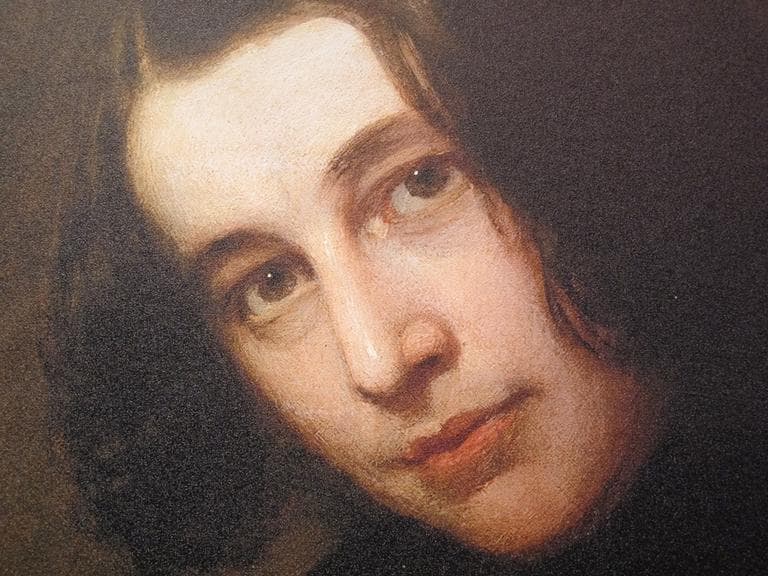Advertisement
Dickens' Life And Work In Mass. Explored In Lowell Celebration
Resume
UMass Lowell and the Lowell National Historical Park are sponsoring nearly 75 events — most of them free — dedicated to the Victorian author Charles Dickens. The exhibitions, performances and programs will take place between March 30 and October 20.
Guests:
- Joel J. Brattin, Professor of English at Worcester Polytechnic Institute; past president of the The Dickens Society
More:
Interview Highlights
Meghna Chakrabarti: What made Massachusetts different? Why was it the republic of Dickens’ imagination?
Joel J. Brattin: I think there were serveral things that pleased Dickens about Massachusetts. His first glimpse of the United States was Boston, and I think it was his favorite place in America. He found the people courteous and good-humored. He found the city to be beautiful and he was a great admirer particularly of the public institutions that he found in Boston.
Dickens went through Worcester on his travels. What did he make of Worcester and what did the people of the city make of him?
Well, he visited Worcester twice—first in 1842 when he stayed at the home of the governor of Massachusetts, Governor John Davis. We do have some recollections of what he looked like and how he behaved in that visit. In that same visit, he spent part of his 30th birthday in Worcester.
He went through these various Massachsuetts cities and towns, then he goes to other parts of the country. He writes very vividly about his experience in the Eastern Penitentiary in Pennsylvania and the use of solitary confinement there, and he was horrified by that. He travels through the South a little bit...just repulsed by slavery, so much so that he leave the South altogether and comes back to the North and Canada. This gets us back to that initial question of what the America was in his imagination versus what he found in reality. How did that inform his writing when he went back to the UK?
We’ve spoken a little bit about “Ameican Notes,” but his next novel “Martin Chuzzlewit” is the only one of his novels that has substantial portions of it set in America. He sends young Martin Chuzzlewit — there are two characters named Martin Chuzzlewit in that novel — but the young one goes to America and relives some of the experiences in heightened fictional form that Dickens had himself. So young Martin comes to America and finds it is not what he expected it to be either.
This segment aired on March 23, 2012.